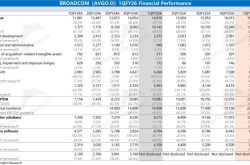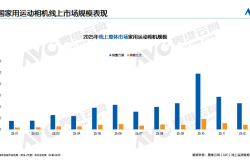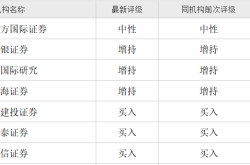When Xiaomi loses its cost-effectiveness, will you still pay for the SU7?
![]() 10/30 2024
10/30 2024
![]() 500
500
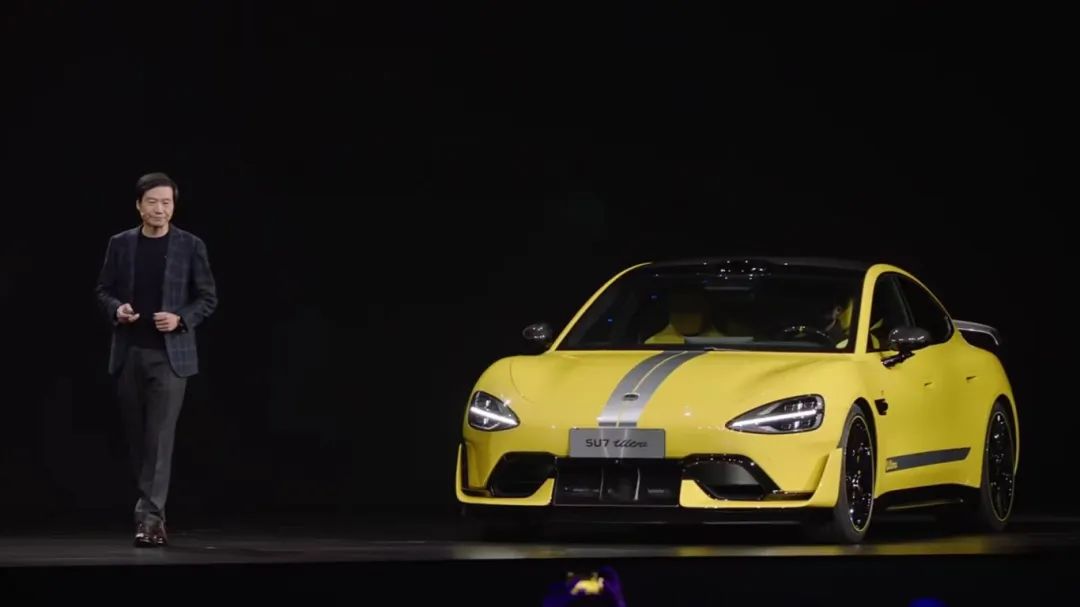
Introduction
Introduction
From Xiaomi SU7 to Xiaomi SU7 Ultra, Lei Jun is gradually breaking down the boundaries of car manufacturing.
Can outsiders still evaluate Xiaomi Automobile in the same way as other new forces? I think in the six months since the launch of Xiaomi SU7, market performance, public opinion, and users have actively and positively conveyed a signal: Lei Jun and his Xiaomi Automobile have broken the inherent logic of the entire automotive industry's development.
Now, as the popularity of Xiaomi SU7 continues unabated, Lei Jun once again brought the Xiaomi SU7 Ultra production model to us under the close scrutiny of the entire internet. In fact, there's no need to say much more. It is obvious what kind of momentum such an action will bring to Xiaomi Automobile.
Earlier today, whether it was Lei Jun's personal social media platform or Xiaomi Automobile's official channel, the news of the Xiaomi SU7 Ultra prototype challenging the Nürburgring and breaking the four-door sedan lap record was at the forefront of communication.
As a commercial act, this approach of "first lowering expectations and then delivering a bombshell" certainly has strong public opinion penetration, but for Xiaomi Automobile, creating buzz has never been the goal.
Previously, from an industry perspective, everyone wondered why Lei Jun could create a highly complete work like the Xiaomi SU7 in just three years.
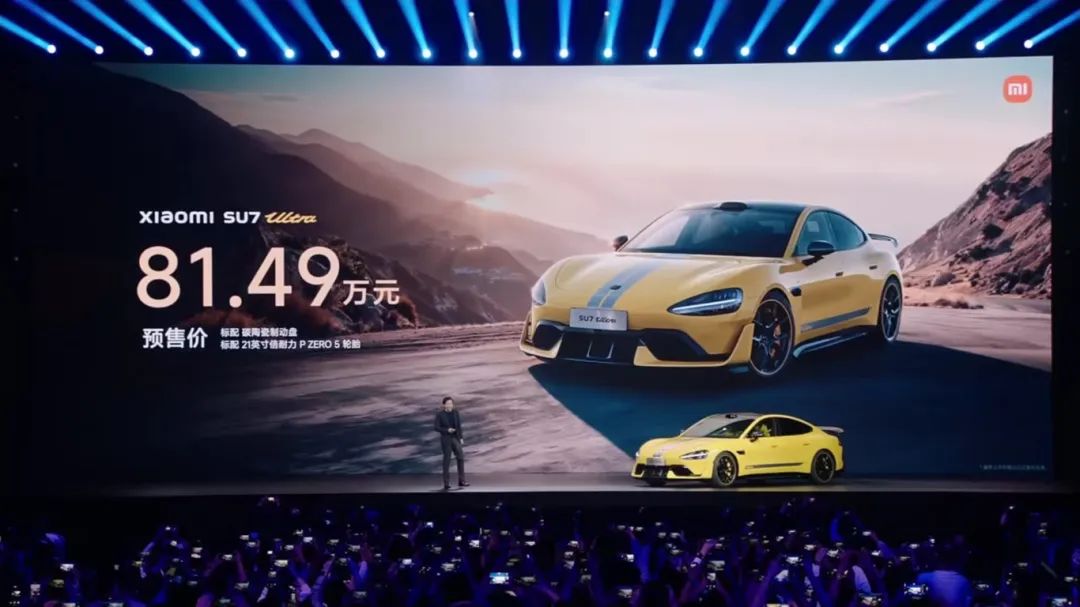
But today, six months later, when Xiaomi SU7 Ultra was launched at a pre-sale price of 814,900 yuan, instead of looking surprised like a "clueless" person, we should understand that the automotive industry has turned a new page after nearly 140 years of development.
Regardless of how different the prototype and production versions of the Xiaomi SU7 Ultra are that broke the Nürburgring lap record, for Xiaomi Automobile, being an "internet celebrity enterprise" will only be the most superficial presentation. China's technological breakthroughs in new energy vehicles will inevitably inflict millions of points of damage on traditional automakers in future market transitions.
How does Xiaomi build cars for users?
Lei Jun's demeanor when promoting Xiaomi Automobile has always been different from that of the commanders of all automakers. Unlike Akio Toyoda, who wears his love for cars on his sleeve, and Carlos Tavares of Stellantis, who prioritizes making money, Lei Jun is unlike other internet automakers' leaders who present grand blueprints and tell stories of capital.
In the eyes of many industry insiders, Lei Jun's understanding of cars seems somewhat superficial. Just like the day Xiaomi SU7 was launched, on one side, Lei Jun was introducing unique car accessories such as phone holders and flashlights, while on the other side, "experts" could only criticize and doubt Xiaomi SU7's market performance, despite filling the screen with complaints.
But the result? Xiaomi SU7 not only silenced the world with its overwhelming market feedback but also kicked off Lei Jun's automotive venture with a successful debut.
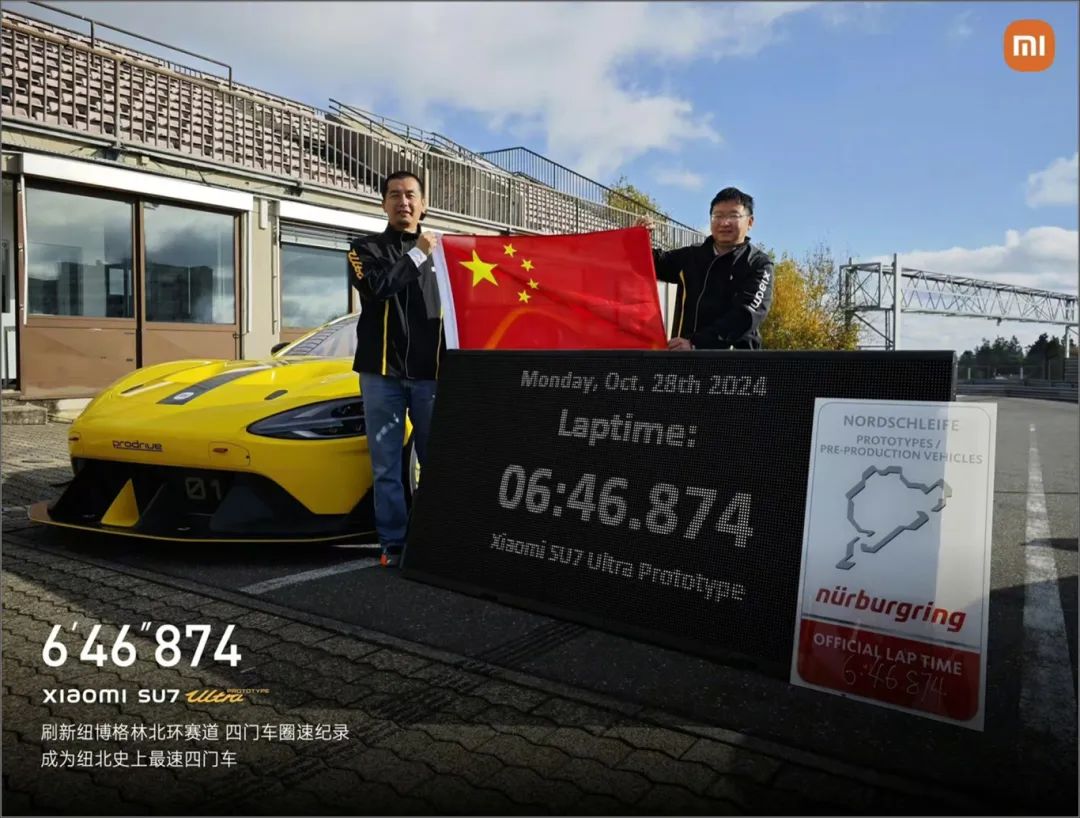
For this, some people are always reluctant to accept that Xiaomi SU7's popularity is an inevitable result of internet hype or Xiaomi's use of financial resources for integrated marketing to create fast-food-style promotions. Its emergence merely caters to the superficial demand of the era for electric vehicles that are "cool" and "fast."
But honestly, as electric vehicles evolve in new directions, some outdated ideas should really be discarded.
Who is buying Xiaomi SU7? This is the question I've heard most often in the past six months. Compared to domestic electric sedans such as the ZEEKR 007, IM L6, NIO ET5, and ARCFOX αS HI, why is it only Xiaomi SU7 that has consistently stood at the top?
In fact, in terms of product capabilities, Xiaomi SU7 is definitely not the most stacked or the most powerful. I would say that everything is attributed to Lei Jun's understanding and empathy for Chinese consumers.
From the era of Xiaomi phones to the era of cars, Lei Jun has always been enthusiastic about grasping human nature and insights into consumer psychology. This has led to Lei Jun, who may appear as an "outsider" to professionals, having strong appeal and a sense of intimacy.
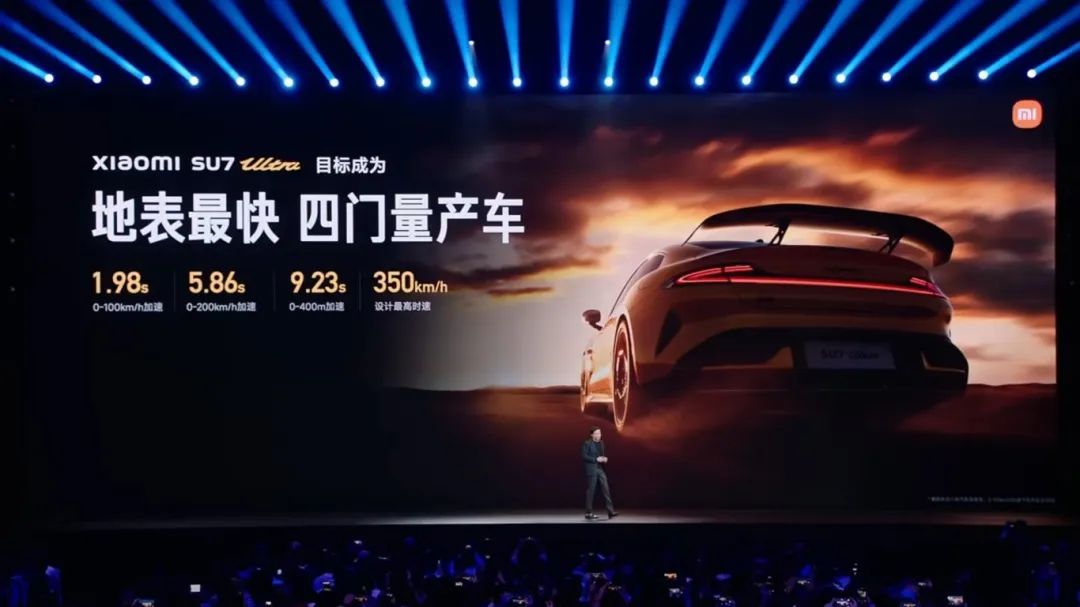
Opening car doors for owners, conducting live streams to answer user questions, and relentlessly developing car accessories... These behaviors, unheard of in traditional automakers, have become routine for Lei Jun, effectively arousing consumer enthusiasm.
Since the overall environment has changed, the frequency of mentioning the term "emotional value" has increased exponentially. So, when electric vehicles' product capabilities converge, are consumers paying for the product itself or their own emotions? Consumers have long had their criteria for judgment.
Unlike some new forces that burn money on user services, Lei Jun's mission for Xiaomi Automobile is always based on mutual empathy.
Under this theory, the value that Xiaomi SU7 imparts to each owner is unprecedented. And this value, which exceeds the product's price, creates considerable consumer momentum in the present.
Currently, the number of orders that Xiaomi Automobile needs to deliver each month remains substantial. It is certain that Xiaomi will almost certainly exceed its sales targets this year.
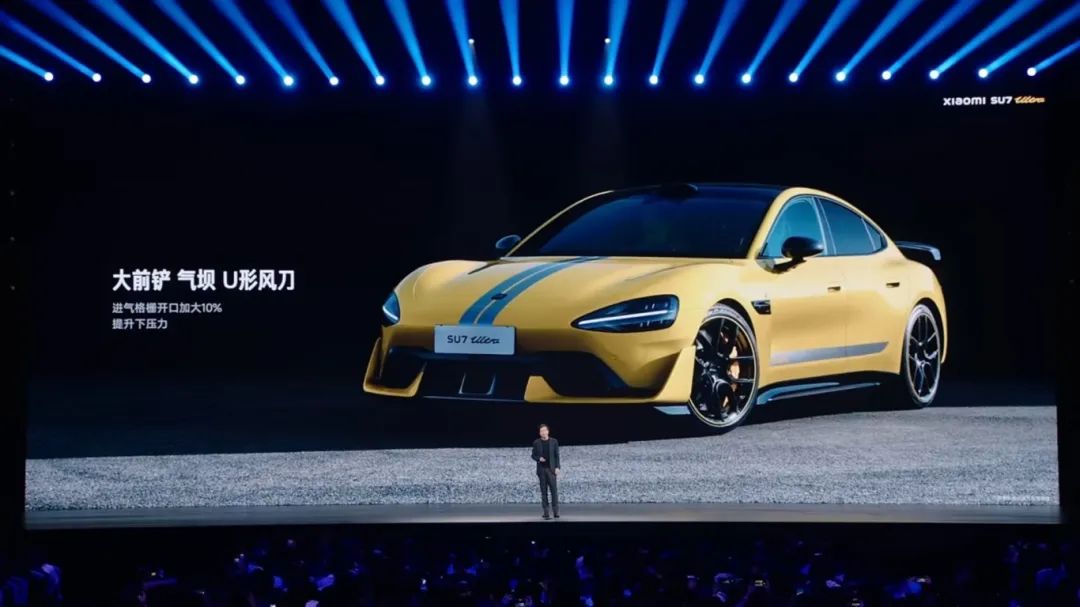
However, will Lei Jun indulge in the joy of Xiaomi SU7's popularity? Xiaomi's next new car frequently appears in the form of spy shots, and the unveiling of SU7 Ultra at this moment proves that the story of "Lei Jun building cars" is still being written in a saturated manner.
Who did Xiaomi SU7 Ultra slap in the face?
After automobiles have detached from the constraints of traditional components like engines, transmissions, and chassis in their development, is the threshold for building electric vehicles high? Perhaps.
At this stage, after several years of technological iteration, intelligent development has become the core of the new energy vehicle era. We are well aware that when technologies converge, it becomes difficult for automakers to differentiate their products.
Therefore, it's no wonder some people often complain that new energy vehicles from various manufacturers are looking increasingly similar. Under the value of "cars are for sitting, not driving," it is challenging to perceive the power of the automotive industry.
'Xiaomi SU7 owners have an unusually high enthusiasm for driving.' Despite this evaluation contradicting the current era's backdrop, in my opinion, this is Xiaomi Automobile's most noticeable charm.
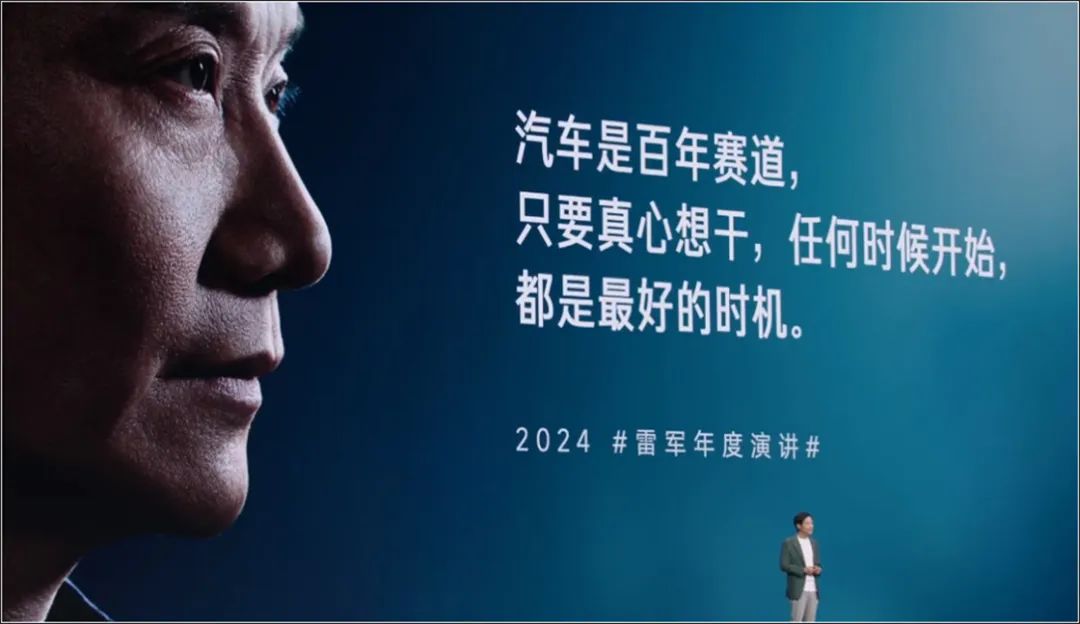
During the development of Xiaomi SU7, Lei Jun once became fascinated with drifting. Although his skill level is still rudimentary compared to Akio Toyoda, who views driving as an art, at least Lei Jun, out of basic respect for the automotive industry, would be a qualified automaker when we see senior executives of other new forces making fools of themselves by belittling driving.
From Xiaomi SU7 to Xiaomi SU7 Ultra, the interval between their unveilings is far shorter than the five-year prediction made by competitors. In creating speed myths, Xiaomi has utilized extreme performance, reaching a ceiling never touched by traditional Chinese automakers. What this illustrates is self-evident.
Aside from comparing performance parameters with the Porsche Taycan Turbo GT and Tesla Model S Plaid at the Xiaomi SU7 Ultra launch event, recall that Lei Jun once said in an interview that Xiaomi SU7's ability to significantly surpass the Tesla Model 3 in configuration was not because he was more capable than Elon Musk but because Xiaomi invested heavily to achieve the current level.
In other words, from such details, we understand that it is rigorous self-examination that reveals Lei Jun's true intentions in refining Xiaomi Automobile to the outside world.
Facing formidable competitors, Xiaomi has always chosen to learn with humility rather than arrogance or unrealistic aspirations. Therefore, even today, as the popularity of Xiaomi SU7 remains undiminished, Lei Jun is still fully committed to conquering the Nürburgring with SU7 Ultra.
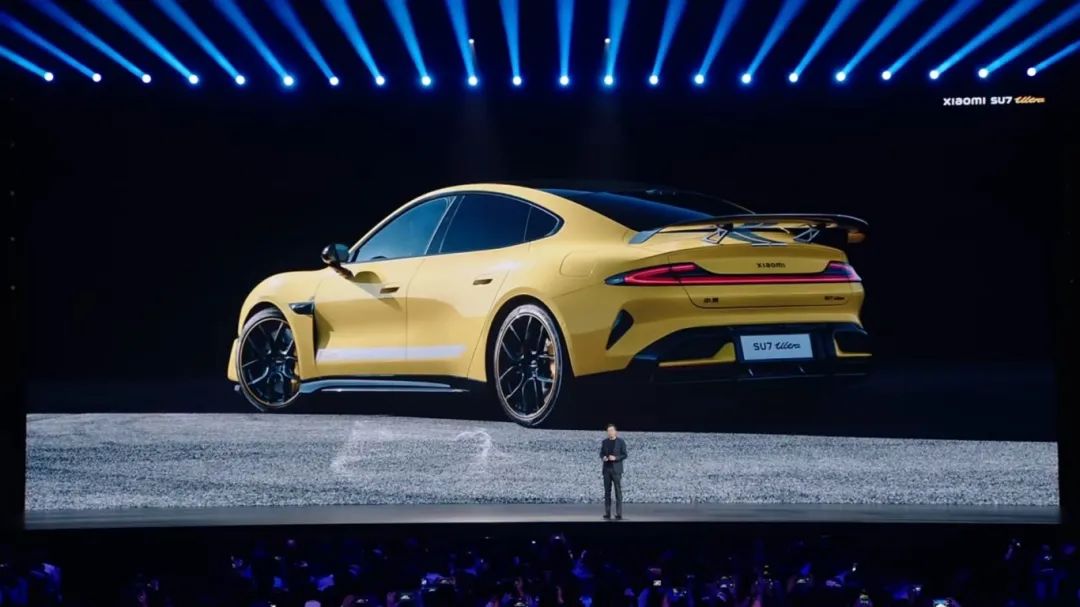
Of course, one might argue that Xiaomi Automobile will persist in emphasizing driving and speed. I don't think so.
For Xiaomi Automobile, everyone involved in the car-building project, from Lei Jun to others, is striving to maintain Xiaomi's status as a newcomer. Ultimately, these pursuits of speed and driving control are refining the most fundamental qualities of Xiaomi Automobile as a "car."
In fact, at this stage of the industry's development, how many new energy automakers are creating their own culture and heritage to build their brands? Even if there are, some are blindly innovating to find their unique identity, while others are coercing consumers into shaping something for themselves through slogans. In comparison, Xiaomi's purity is rare.
A mobile phone manufacturer has surpassed all traditional Chinese automakers, defying time, and proven itself at the Nürburgring. Can you say this is merely part of doing business?
Soon, as Xiaomi SU7 Ultra enters its official delivery period, some people will undoubtedly stir up controversy online. But please remember, in an era where developing the new energy industry is seen as a profitable opportunity, Lei Jun's passion has led Xiaomi to accomplish feats that traditional Chinese automakers should have achieved. Any doubts are futile.

